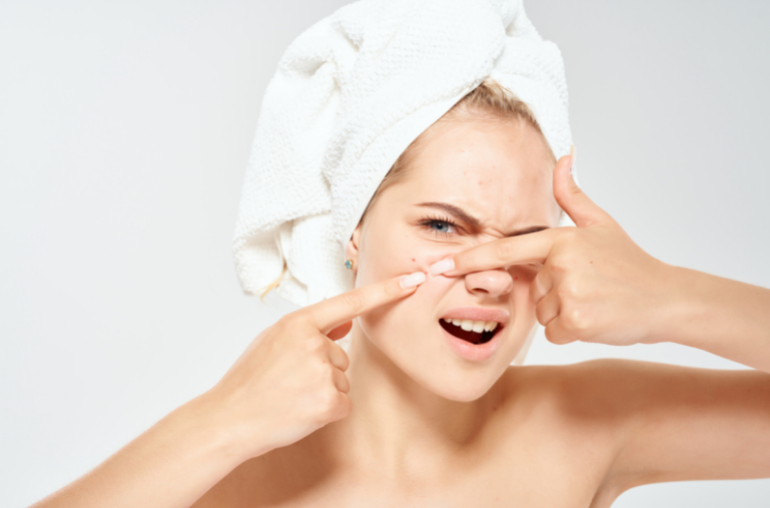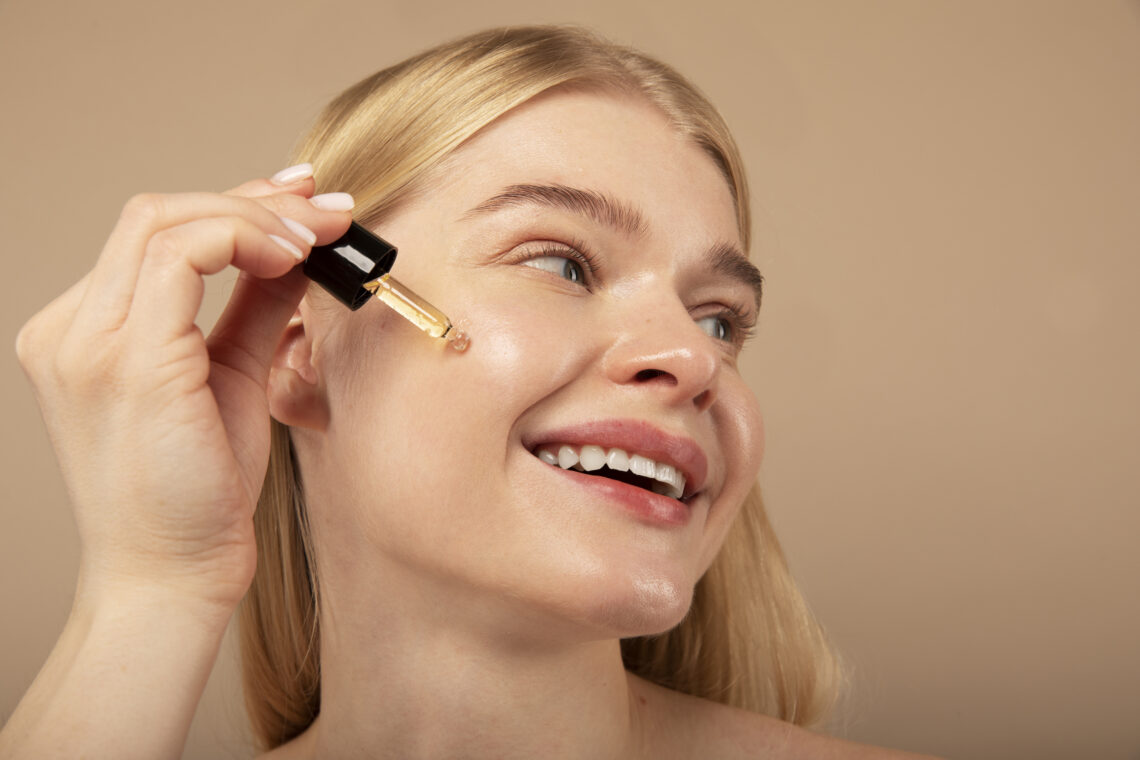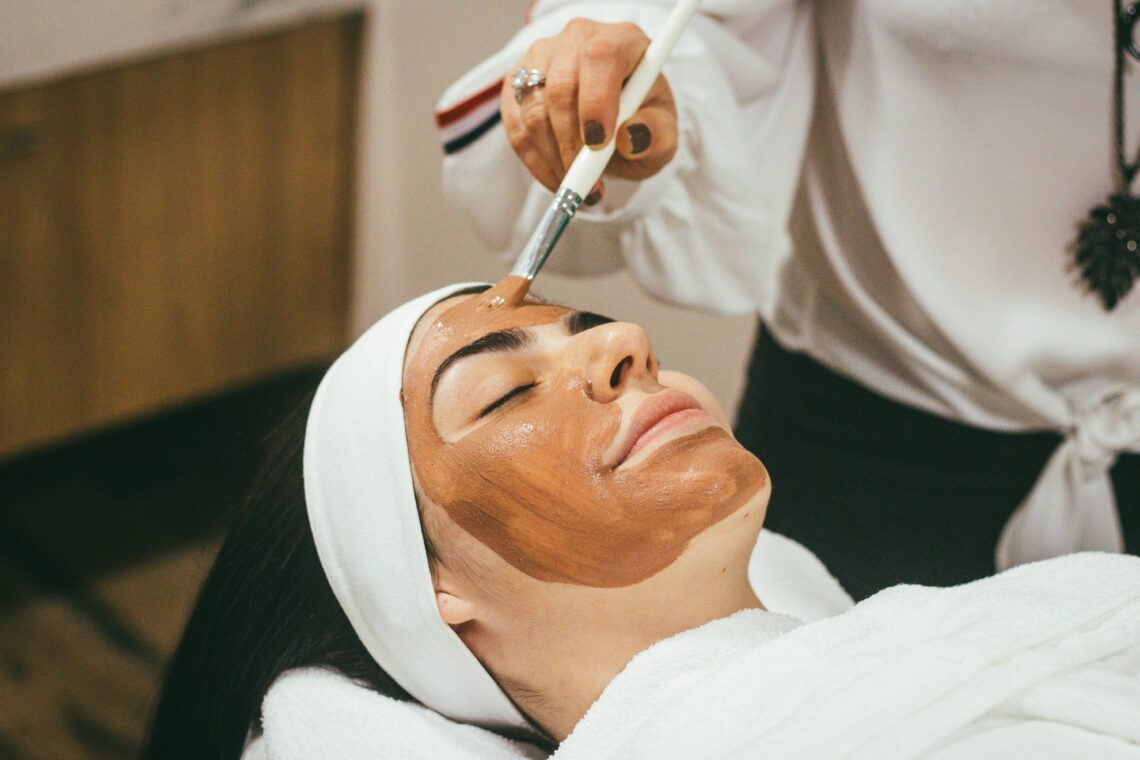As a skincare enthusiast who has experienced the struggles of having oily skin prone to pimples, I have spent years researching and experimenting with various products and methods to keep my skin clear and healthy. In this blog post, I will share what I’ve learned about the causes of acne, the different types of acne, and most importantly, how to prevent acnes for oily skin using medical skincare products recommended by dermatologists.
What is Acne and Its Types
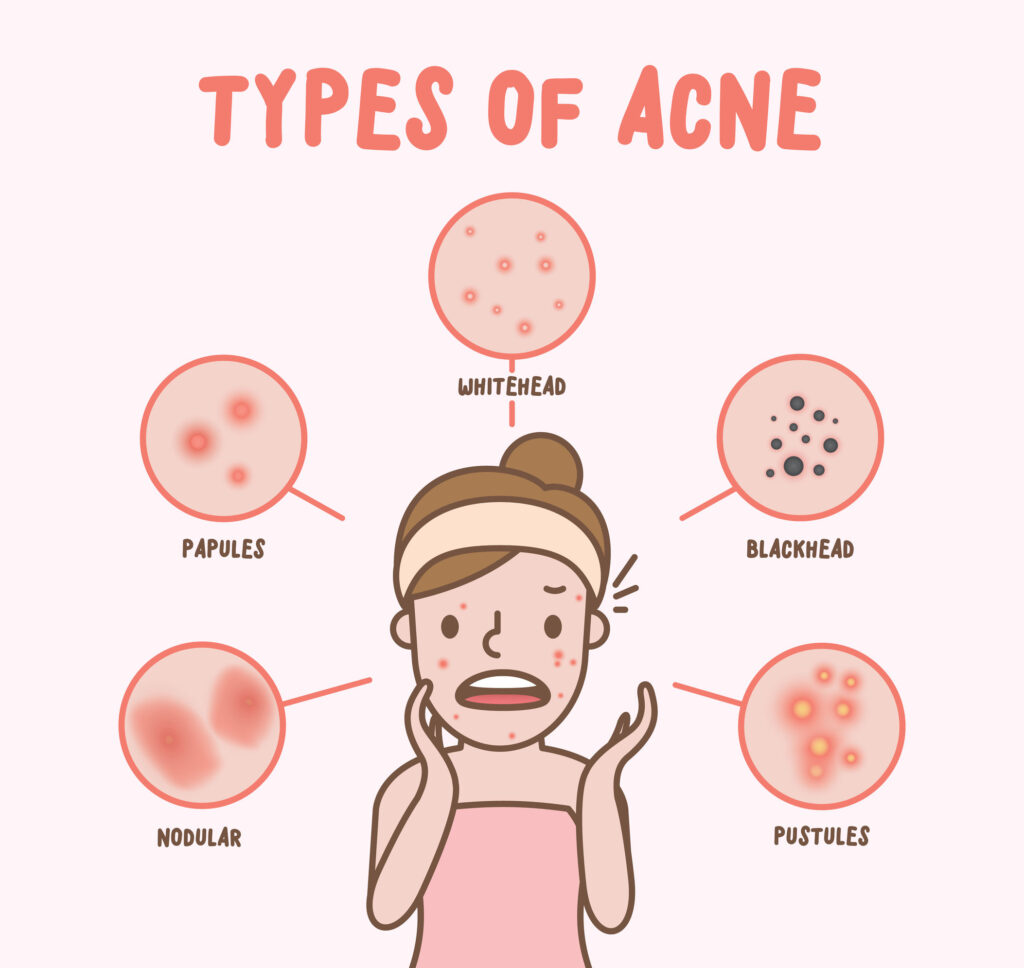
Acne is a common skin condition that occurs when hair follicles become clogged with oil and dead skin cells. It can manifest in various forms, including blackheads, whiteheads, papules, pustules, nodules, and cysts. These different types of acne can be caused by various factors, such as hormonal imbalance, excess oil production, bacteria, and clogged pores.
- Blackheads: Open comedones that appear as small, dark spots on the skin’s surface. They occur when the hair follicles become clogged with oil and dead skin cells, but the pore remains open, allowing the contents to oxidize and turn black.
- Whiteheads: Closed comedones that look like small, white bumps on the skin. They occur when the hair follicles become clogged with oil and dead skin cells, but the pore remains closed, trapping the contents beneath the skin’s surface.
- Papules: Small, red, raised bumps caused by inflammation or infection of the hair follicles. They occur when the hair follicles become inflamed, causing the surrounding skin to become red and tender.
- Pustules: Red, tender bumps with white pus at their tips. They occur when the hair follicles become infected with bacteria, causing the surrounding skin to become inflamed and filled with pus.
- Nodules: Large, painful, solid lumps beneath the skin’s surface. They occur when the hair follicles become deeply inflamed, causing a build-up of bacteria and dead skin cells that form a hard, painful lump beneath the skin.
- Cysts: Deep, painful, pus-filled lumps beneath the skin. They occur when the hair follicles become deeply infected with bacteria, causing a build-up of pus and dead skin cells that form a large, painful lump beneath the skin.
Causes of Acne
There are several factors that contribute to the development of acne. Some of the most common causes include:
- Excess oil production: Overproduction of sebum (oil) can lead to clogged pores and the formation of acne.
- Hormonal fluctuations: Hormonal changes can trigger increased oil production and inflammation, leading to acne.
- Bacteria: The presence of bacteria on the skin can cause inflammation and infection, resulting in acne.
- Dead skin cells: Accumulation of dead skin cells in the pores can lead to clogging and acne formation.
- Lifestyle factors: Stress, poor diet, and lack of sleep can contribute to acne development.
It’s important to note that every individual’s skin is unique, and what triggers acne in one person may not affect another. By identifying and avoiding the triggers that lead to acne, it may be possible to reduce the frequency and severity of breakouts. Working with a dermatologist can also be helpful in developing an effective acne treatment plan.
Try to prevent acnes logically!
How to Prevent Acnes
Now that we understand the causes and types of acne, let’s talk about how to prevent it. The key to preventing acne is maintaining a consistent skincare routine that targets the root causes of acne. Here are some steps you can follow:
Cleanse: Gently cleanse your face twice a day using a mild cleanser like CeraVe Foaming Facial Cleanser or La Roche-Posay Effaclar Purifying Foaming Gel. These cleansers are formulated for oily and acne-prone skin and are designed to remove excess oil, dirt, and makeup without over-drying your skin.
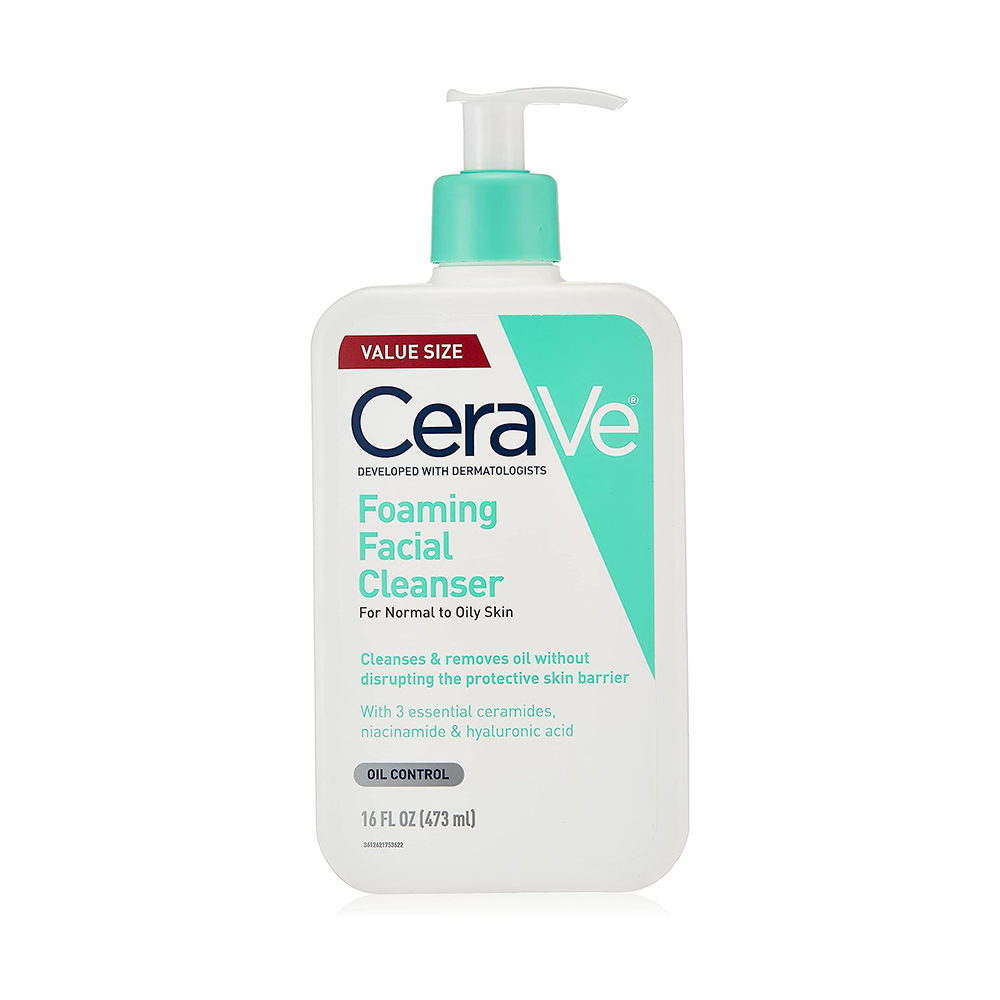
CeraVe Foaming Facial Cleanser
Product FeaturesDispenses as a clear gel cleanser and transforms into a foam as you lather. Cleanses without leaving skin feeling tight, dry, or stripped
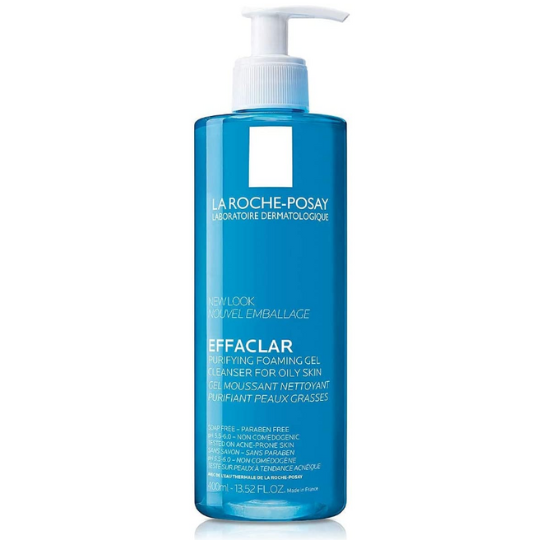
La Roche-Posay Effaclar Purifying Foaming Gel
Suitable to all skin types, including sensitive skin. A gentle, yet efficacious formula cleanses, purifies and leaves the skin refreshed.
Exfoliate: Exfoliate your skin 2-3 times a week with a gentle exfoliator like Paula’s Choice Skin Perfecting 2% BHA Liquid Exfoliant. This salicylic acid-based exfoliant unclogs pores and removes dead skin cells, helping to prevent acne breakouts.
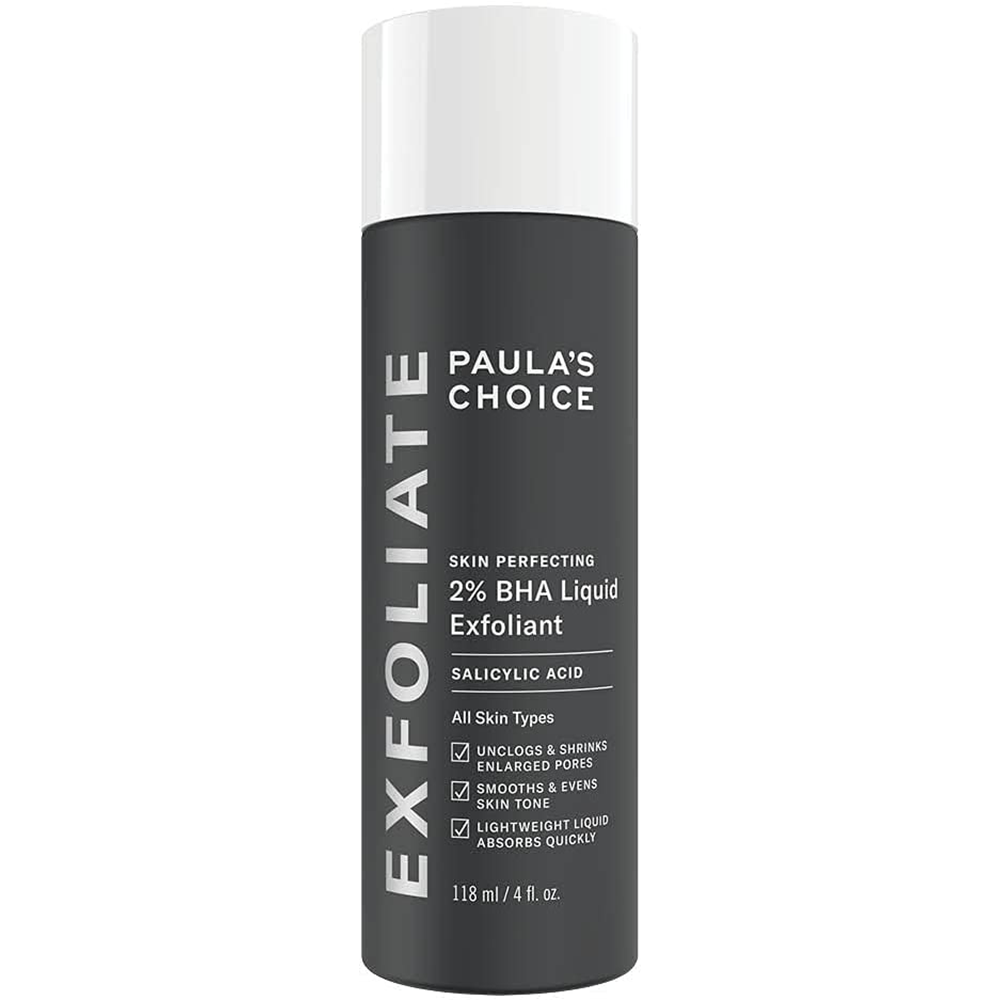
Paula’s Choice SKIN PERFECTING 2% BHA Liquid Exfoliant
Reveal flawless skin with our bestselling leave-on BHA exfoliant. This gentle, lightweight fluid quickly exfoliates dead skin cells both on the surface and deep inside pores to reveal smoother, clearer, more radiant-looking skin. BHA (salicylic acid) helps to reduce blackheads, blemishes and redness.
Treat: Apply an acne-fighting treatment like Dr Dennis Gross Skincare Alpha Beta Daily Face Peel Extra Strength or Goldfaden MD Facial Detox Clarify and Clear Mask. These topical treatments help to reduce inflammation, unclog pores, and regulate oil production.
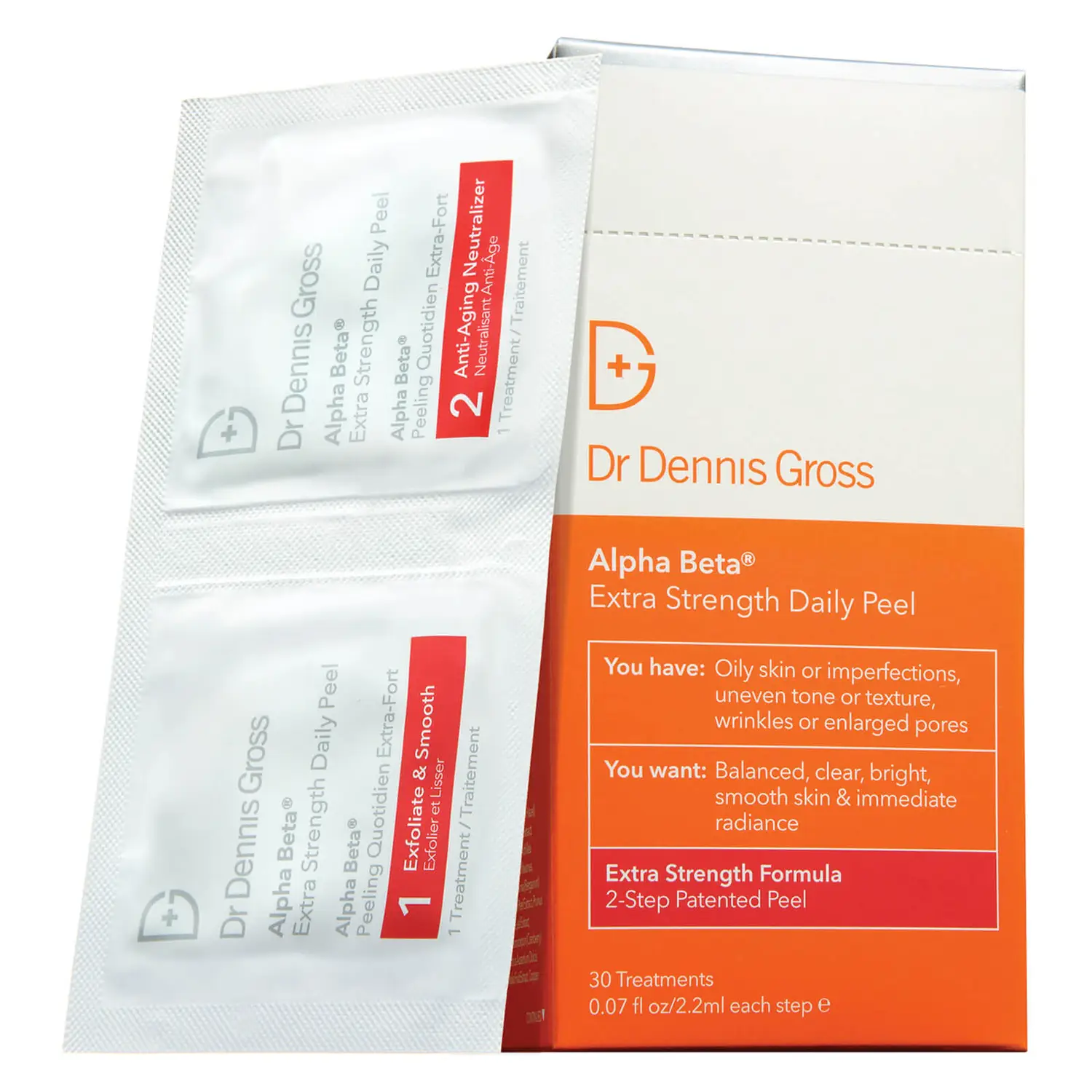
Dr Dennis Gross Skincare Alpha Beta Daily Face Peel Extra Strength (30 Pack)
AHAs help accelerate cell turnover to remove surface dullness and promote healthy, radiant skin. Gently exfoliate the outermost layer of dead skin cells to reveal fresh, smooth, younger-looking skin.
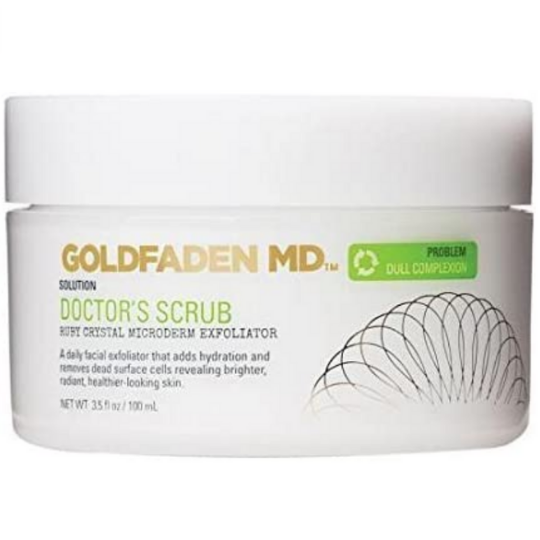
Goldfaden MD Facial Detox Clarify and Clear Mask
Leaves skin looking even and appearing balanced. Cleans blemish prone skin and minimizes the appearance of pores. Soothes and neutralizes appearance
Moisturize: Keep your skin hydrated by using a non-comedogenic moisturizer like Cetaphil PRO Oil Absorbing Moisturizer SPF 30 or CeraVe AM Facial Moisturising Lotion With SPF 50. These moisturizers provide hydration without clogging pores or causing breakouts.
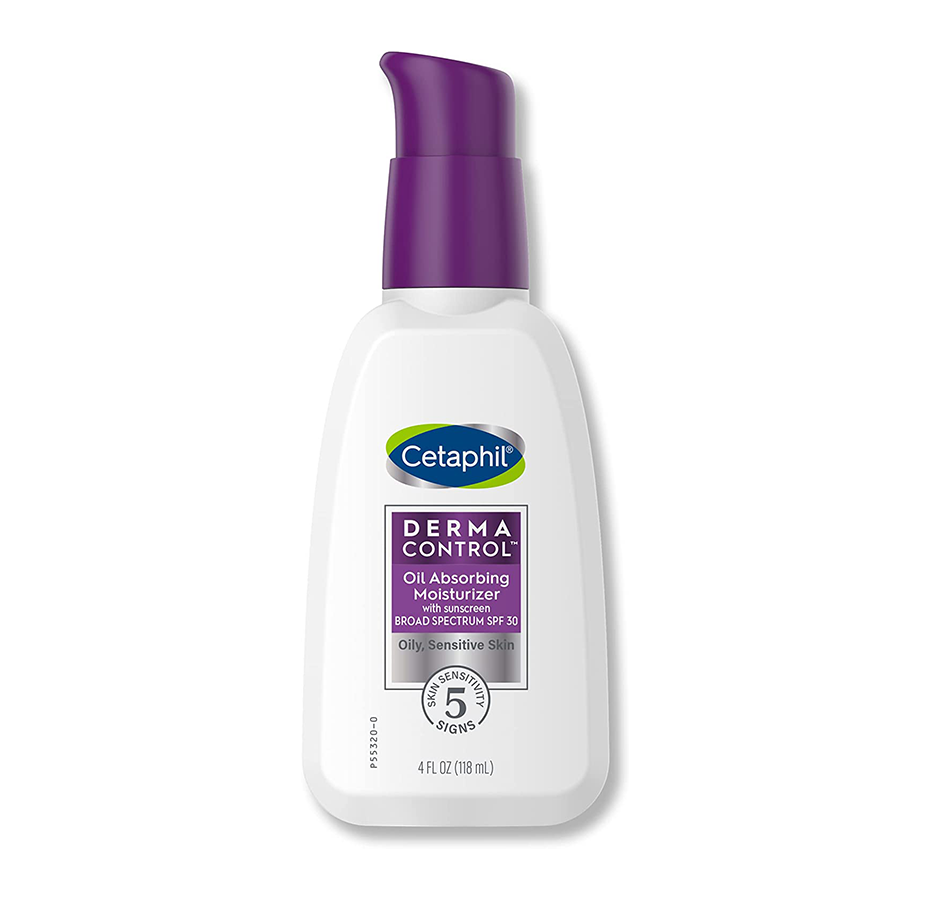
Cetaphil Pro Oil Absorbing Moisturizer With Spf 30
Designed to hydrate, repair and protect sensitive, oily skin. Micropearltechnology leaves skin with a matte finish by absorbing oil and helping to reduce shine.
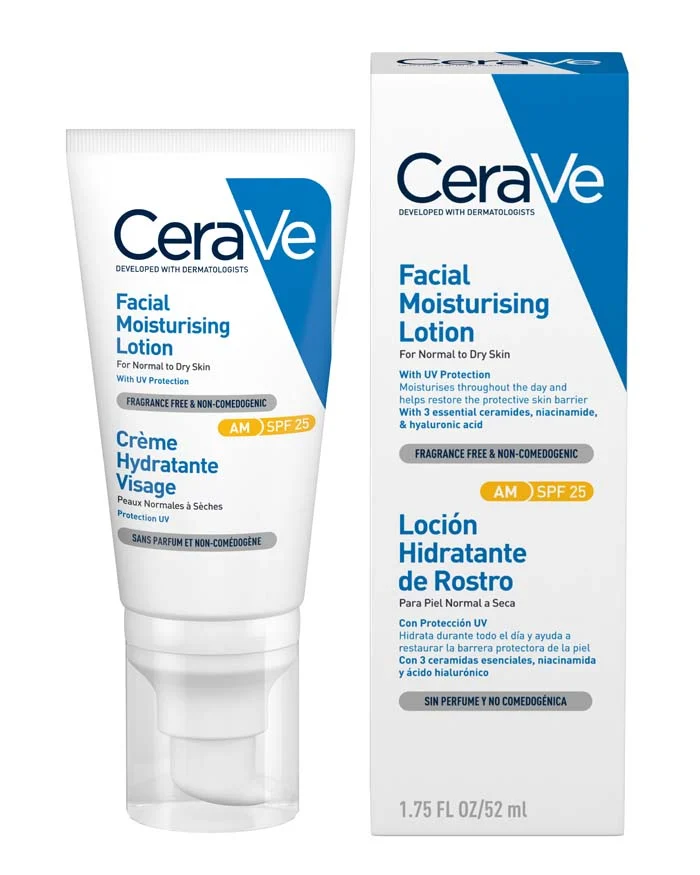
CeraVe AM Facial Hydrating Moisturising Lotion With SPF 25
Oil-Free Product FeaturesNon-greasy daily moisturiser with broad spectrum sun protection.
Protect: Always wear sun protection during the day, as UV rays can exacerbate acne and cause hyperpigmentation. Choose a non-comedogenic, broad-spectrum sunscreen like Altruist Dermatologist Sunscreen Fluid SPF or La Roche-Posay Anthelios Clear Skin Dry Touch Sunscreen SPF 60. These sunscreens are specifically formulated for oily and acne-prone skin.
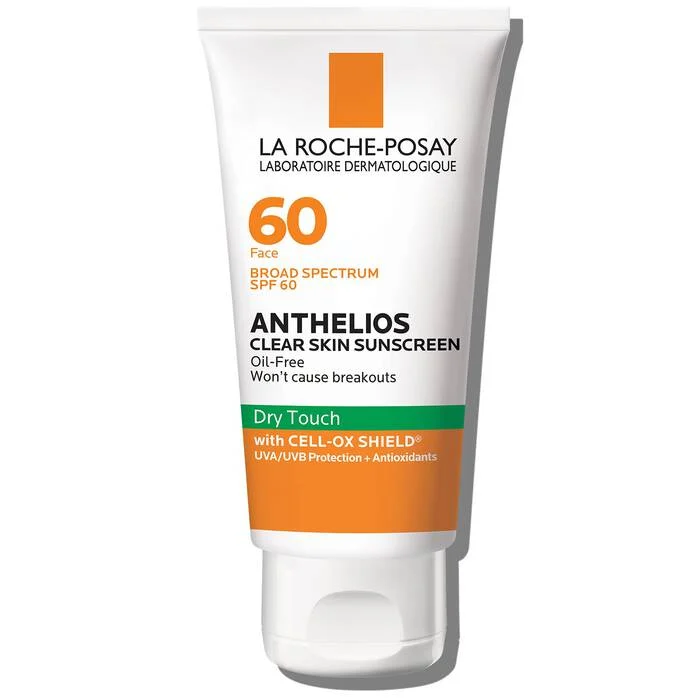
La Roche-Posay Anthelios Clear Skin Face Sunscreen for Oily Skin SPF 60
This oil free sunscreen provides advanced protection while absorbing pore-clogging oil, even in heat and humidity. Our best sunscreen for acne prone skin is formulated with Cell-Ox Shield® technology.
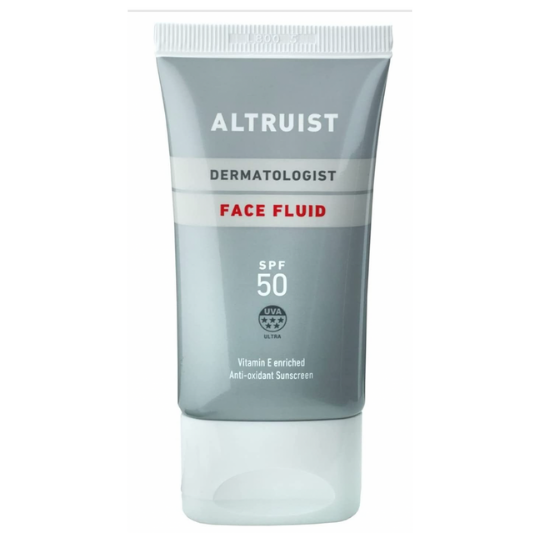
Altruist Dermatologist Sunscreen Fluid SPF50
Product Features5star UVA protection by Dr Andrew Birnie premium antioxidant face protection, Unscented
Lifestyle Changes for Acne Prevention
In addition to a consistent skincare routine, making some lifestyle changes can also help prevent acne breakouts:
- Diet: Eat a balanced diet rich in fruits, vegetables, whole grains, and lean proteins. Avoid foods with a high glycemic index, as they can trigger inflammation and acne.
- Hydration: Drink plenty of water to keep your skin hydrated and help flush out toxins.
- Stress management: Practice stress-reducing techniques such as meditation, yoga, or deep breathing, as stress can exacerbate acne.
- Sleep: Aim for 7-8 hours of sleep per night to allow your skin to heal and rejuvenate.
- Exercise: Engage in regular physical activity to improve blood circulation and reduce stress, both of which can help prevent acne.
In conclusion, dealing with oily skin prone to pimples can be challenging, but with the right skincare routine, lifestyle changes, and medical skincare products, it is possible to prevent and manage acne effectively. Always consult with a dermatologist to determine the best course of action for your specific skin concerns. Remember that patience and consistency are key when it comes to achieving clear and healthy skin.
Latest Blog Posts:

